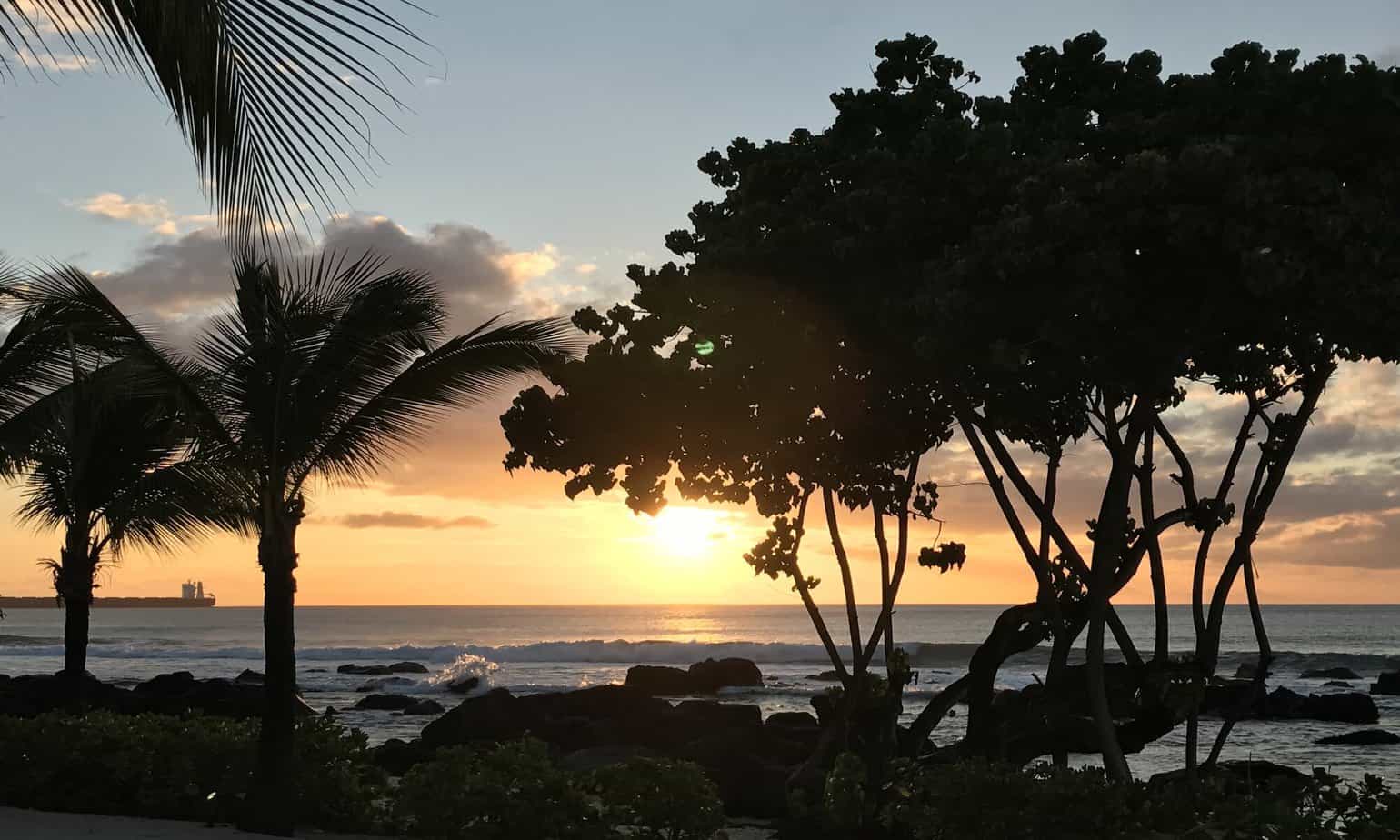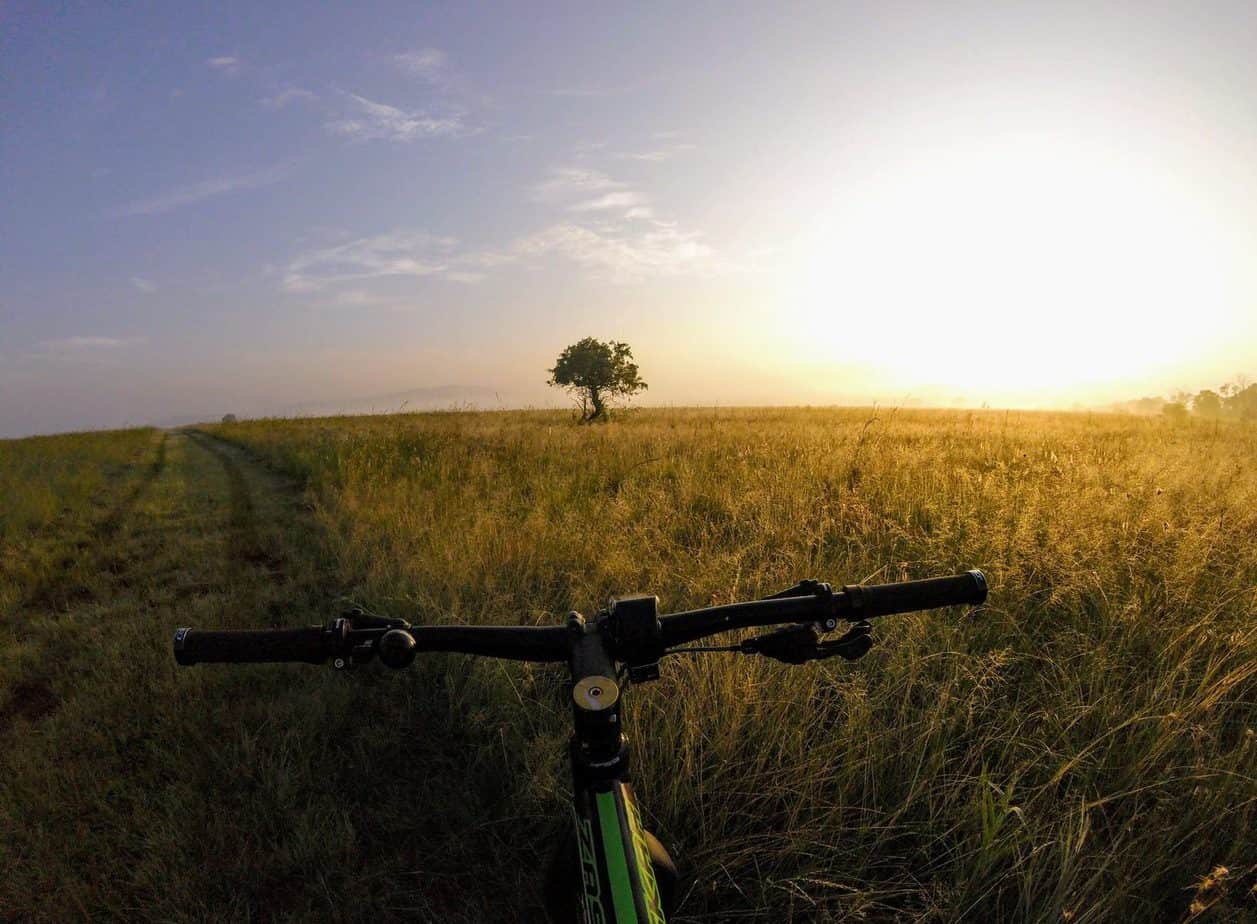Welcome to the Late Starter to FI series!
I am a Late Starter – I did not discover FIRE (Financial Independence Retire Early) concept until I was 47. This was way later, I thought than others who seem to have it all together in their 20s and 30s.
Since I started to write about my own journey, I have discovered there are many more Late Starters like me, yay! It is such a relief knowing I am not alone.
I want to share our stories, our unique perspectives and show that it is absolutely not too late for us.
So in this series, I particularly highlight those of us who start our FI journeys in our 40s, 50s and 60s. And explore questions such as ‘where do we start’, ‘can we still retire early(ish)’, ‘what are the specific challenges for us late starters’. We look at our past, not to castigate ourselves but so that you can learn from us.
Please join in the conversation in the comments below. I encourage you to share your story if you fit the profile of a late starter. You absolutely don’t have to be a blogger or podcaster to share your story.
Please email me at info@latestarterfire.com or connect with me on Twitter, Facebook and Instagram
And if you have missed any of our stories, just click here.
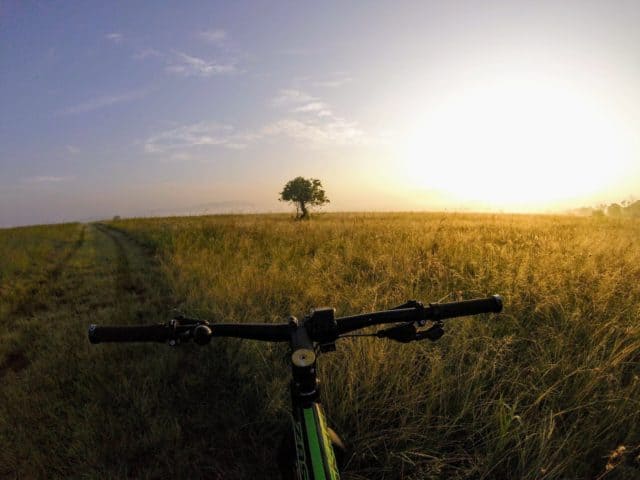
I’m so excited today to introduce you to Late Starter, Alan, all the way from South Africa! Alan writes at Wealthy Healthy Life where he shares his philosophy of Healthy Mind, Wealthy Life.
For him, a wealthy life means “having the freedom to spend your time how you choose and do whatever you want to. In my mind to achieve that wealthy life you need to have a healthy body and financial freedom.”
You can also connect with Alan on Twitter at @wealthyhealthyl
Over to you, Alan!
A little about me
I have had many interesting experiences in my life, good and bad, but always enjoyed life and luckily have a loving family. We are a family of 3, late starters there too with my son being born when I was 40.
Living in Johannesburg, South Africa, we are blessed with amazing outdoors and we try to take full advantage of that. I have always loved camping so we travel a lot in and around South Africa to really experience the beauty of it all. As an accomplished mountain biker, I spend a lot of time riding. Besides loving the adventure and adrenalin, it keeps me fit too.
I started out with a science degree, moved into management, had a go as an entrepreneur, loved it but made no money, then back into corporate in marketing and sales. Meanwhile my wife, Candice is the coolest accountant you will ever meet.
I started my FIRE journey 5 years ago when I was in my mid 40s. I set myself the target to achieve early retirement by the age of 58. I have started documenting this journey through my blog, Wealthy Healthy Life.
Looking back ...
It had been a bumpy road for me up until this point. My first marriage didn’t work out so I had a divorce in my mid thirties. Shortly after that I met Candice. As an only child, she carried the burden of looking after her parents financially. Then there was the cost of a wedding later which also drained some of the investments.
I left corporate life, we relocated cities and I followed my passion to set up a mountain bike touring business. During that time my business struggled to get going and we relied mostly on one salary.
A few years later, after building a new house, my son was born. That was when I made an about turn and headed back into corporate life partly due to the opportunity and the responsibility of raising a child.
We relocated cities again. All this house buying and selling and moving took its toll financially.
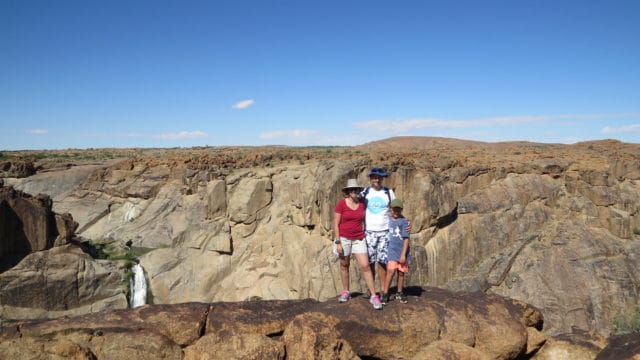
My lightbulb moment
I had the following realisations in a time after years and years of working and saving.
I should have been in a more comfortable place financially, but I was nowhere near, and I couldn’t understand why. Still my reasoning was that as prices kept going up, I just couldn’t get ahead to earn enough money.
It was mid 2015 when I read an article in Moneyweb titled “The most underrated financial principle”. It spoke about being frugal, which I though meant cheap, but actually the meaning is “using only as much money or food as is necessary”. In the article, there was a link to a blog called Mr Money Mustache. He is a staunch supporter of being frugal and early retirement. The principle was that spending much less than you earn is the way to get rich. I devoured the posts as I came across concepts that I had wondered about but could never put my finger on.
I had always wanted to retire early but never had a plan or knew how. Now I realised that as a family earning a reasonable income, early retirement should be possible.
For more detail, read my article – Financial Freedom Realisations
What did our finances look like?
Our financial situation was a mixed bag.
I had my pension fund from work which was reasonable but not great. Candice did not have any pension or investments.
Our credit cards had growing balances with one of them getting out of hand.
I had a small amount invested from some earlier stock investments.
We had a rental property that had a bond and was paying for itself.
We had just completed a complete renovation of our new house after relocating cities 2 years earlier. This meant that we had a large bond and 2 cars we were paying off.
In total, our debt was at about 2 million rand. Based on how we were tracking, I would only pay off the house after retirement, with no additional savings or investments.
Our first steps on the path to FI
The first steps we took were to properly understand what we were spending our money on. This then led to cutting down on the recurring unnecessary expenses like gym, satellite TV, phone contracts and optimising insurance.
These savings then went into killing the car and house debt. I sold the rental property to help settle the home loan and get to debt free sooner.
We also started our TFSA accounts and a savings plan for my son’s university needs and a saving for replacement cars. A year ago, when an unexpected accident wrote off one of our cars, we were able to buy a replacement with the cash saved.
For now, I am looking at other ways to reduce expenses and have a target to reduce every year even though inflation is around 6%.
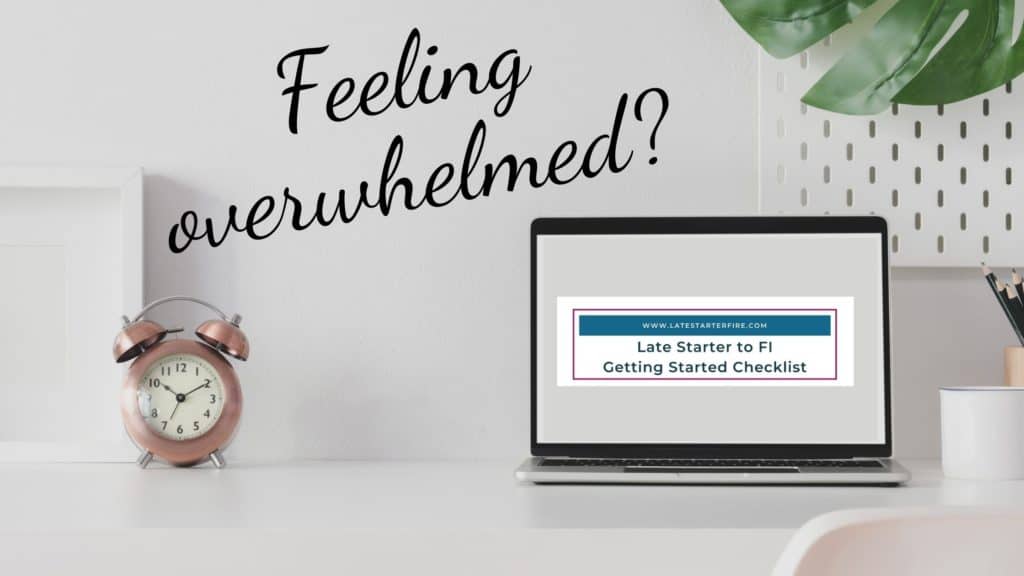
Feeling Overwhelmed?
Use this FREE Checklist to start your journey to Financial Independence
Our current financial situation
We are now 5 years down the line and just past one third of the way.
In this time, we have cut down our expenses to increase disposable income and settled all the debt as of Aug 2019. We are currently able to save about 60% of our income without the temptation to spend it.
We are on track with our financial plan to retire earlier by 58 – that is 5 years earlier than official retirement at 63.
Overall I am confident that we will achieve our goal. If we continue to earn at a similar rate, we may reach it a bit earlier. Even if there are some more speed bumps, I think we will be able to make adjustments to stay on track.
I am now fully focused on investments and continually reducing expenses. It has significantly increased our peace of mind and confidence. I don’t even want to know how anxious I would have been going into this COVID crisis with massive debt and no plan.
How my relationship with money has changed
I have definitely learned to appreciate the money that I earn much more than I used to. The trigger was thinking and realising how hard and how much sacrifice I had made to earn that money.
To then just go and spend it willy nilly was disproportionate to the effort that it took to earn. I never appreciated that fully.
I also started thinking of money as water – if you spill it or let it slip through your hands, it is gone, never to be recovered. Looking back, I spent too much money buying new cars and just wanting to have the latest and greatest because I was earning enough to afford them.
Challenges and advantages of starting late
I think a common challenge is that we don’t have that much time left so the options are fewer and you need to work with what you have.
Changing can also be difficult as you have always believed one thing and get used to certain luxuries that you need to give up.
The biggest challenge for me was regret, the feeling that I should have known this earlier and could have been much better off. That’s a mental state that you need to accept and deal with. I use it constructively as experience to motivate and have confidence in my decisions as well as to drive the urgency of reaching FI.
Another benefit is retirement is closer so I think it is a lot more tangible and it is a bit easier to understand what you will need when you get there.
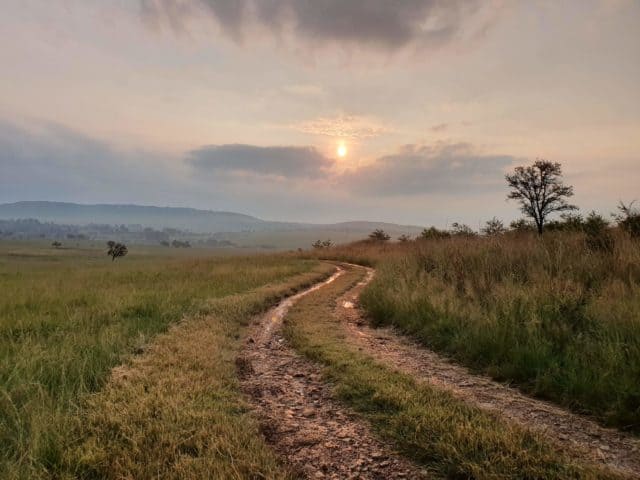
What's next?
Right now I am focused on investment and making the right decisions. I am also starting to plan what life will look like once we reach FI and how we will sustain it eg where and how we will live, what will I be doing.
Financial independence is a huge part of the life I want to lead. But it also has a lot to do with being frugal, not wasting and being sustainable.
I felt like I was just part of a system – work, work, work and retire. I never really thought about all the options, the life hacks as I call them. So I am trying to share these lessons that I have learned and to show that there are other options to the consumerism and debt ridden life that hold us prisoner.
Back to Latestarterfire
Thank you, Alan for sharing your story with us. It gladdens my heart that there are late starters on the journey to FI from all corners of the globe!
I love that image of looking at money as water and that once it has slipped out of your fingers, it is gone and never to be recovered. It is a powerful image, especially for a spender like me.
And I particularly relate to the feeling of regret as a late starter – why didn’t I start sooner? Ah, no time for regrets now – time is marching on!
It is empowering and exciting that as we manage our money better, we free up mental space to think about other aspects of our lives. I am looking forward to following your journey and reading more on your decisions on what your life will look like post FI.
